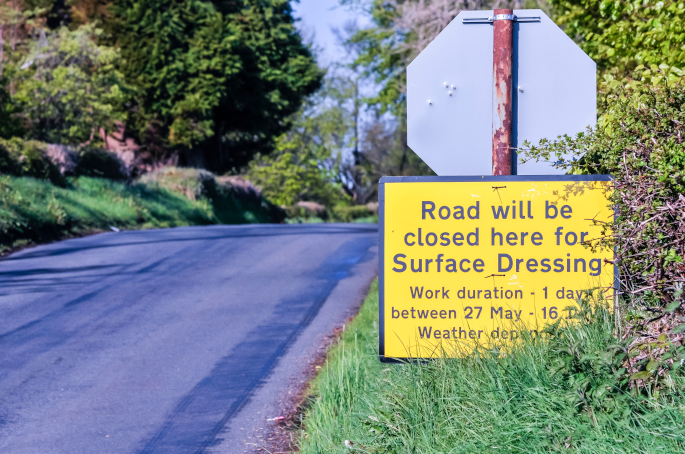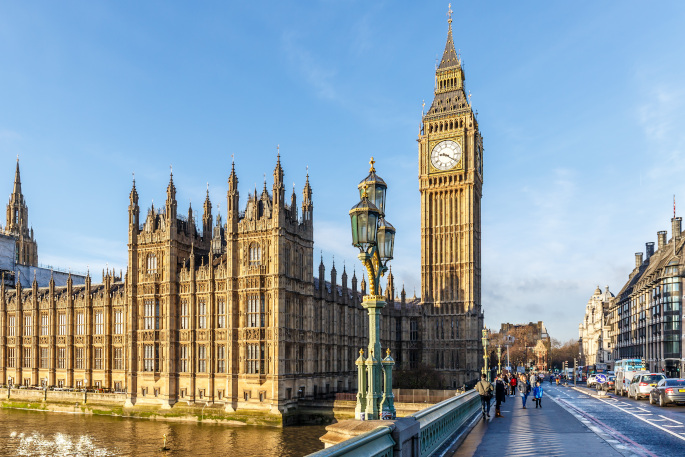Cardiff Council has approved a new 10-year parking strategy that introduces a resident permit surcharge for vehicles over 2.4 tonnes as one method of tackling the city's parking challenges.
Described as a cornerstone of Cardiff's wider transport strategy, the City Parking Plan is intended to reduce congestion, improve air quality and make the city's streets ‘safer and more accessible'. Following ‘extensive' public consultation, the plan intends to align Cardiff with best practices used in other major UK cities.
One aspect welcomed by campaigners is the introduction of a surcharge for resident parking permits for vehicles over 2.4 tonnes.
According to the official findings of the report, large heavy vehicles take up more parking space and are a ‘danger to other road users'.
Due to this, the report recommended that a surcharge be introduced. It also adds that ‘in time, this will be reduced to 2,000kg (for non-electric vehicles)' and that ‘very large vehicles (vehicles over 3,500kg Revenue Weight) will not be entitled to permits.'
Oliver Lord, UK head of Clean Cities, said: 'Cardiff is showing real vision by standing up to the SUV carspreading that's taking over our streets. It's only fair that those driving the biggest, heaviest and most polluting vehicles pay more for the extra space and danger they bring. This is a common-sense policy that will make our city streets safer, cleaner and fairer for everyone. Other cities across the UK could learn from Cardiff's leadership.'
Key Features of the City Parking Plan include:
- Three Parking Management Areas: Cardiff will be divided into City and Civic Centre, Inner, and Outer Areas, each with tailored parking policies to reflect local needs.
- Introduction of Controlled Parking Zones (CPZs): All on-street parking in the Central Area will be managed through CPZs, with operational hours and rules designed to prioritise residents, blue badge holders, essential services, and local businesses.
- Permit Reforms: New types of permits will be rolled out, including for residents, students, businesses, carers, and community premises. Surcharges will be introduced for oversized and highly polluting vehicles, while motorcycles will now require permits to park in resident bays.
- Visitor Parking Changes: Residents will be able to get daily visitor permits, but hourly ones will still be available for more flexibility. To prevent misuse, there will be a limit on how many visitor permits can be used.
- Support for Vulnerable Groups: The plan prioritises blue badge holders and introduces new permits for professional and unpaid carers, ensuring those who need parking most are supported.
- Flexible, Community-Led Approach: The operational days and times of parking controls in the Outer Area will be set in consultation with local communities, ensuring schemes meet real-world needs.
Cabinet member for climate change, strategic planning and transport, Cllr Dan De'Ath, said: ‘Our new City Parking Plan is a vital step towards a Stronger Fairer Greener and more accessible future. By listening to residents and businesses, we're ensuring that our streets work for everyone - supporting local communities, tackling congestion, and helping us meet our climate goals. This plan is about making Cardiff a better place to live, work, and visit for years to come.
‘But we recognise that parking is a finite resource and that difficult choices must be made to balance the needs of residents, businesses, visitors, and vulnerable groups. The City Parking Plan aims to support the city's climate emergency response by encouraging cleaner vehicles and sustainable travel, reduce commuter parking in residential areas, make parking rules simpler and more consistent, and ensure fair access for all, including those with additional mobility needs.'
Following its approval, the implementation is now expected to be phased over the next decade, with ‘ongoing engagement and regular reviews' in place to ensure the plan continues to ‘meet the needs of Cardiff's diverse communities'.
































